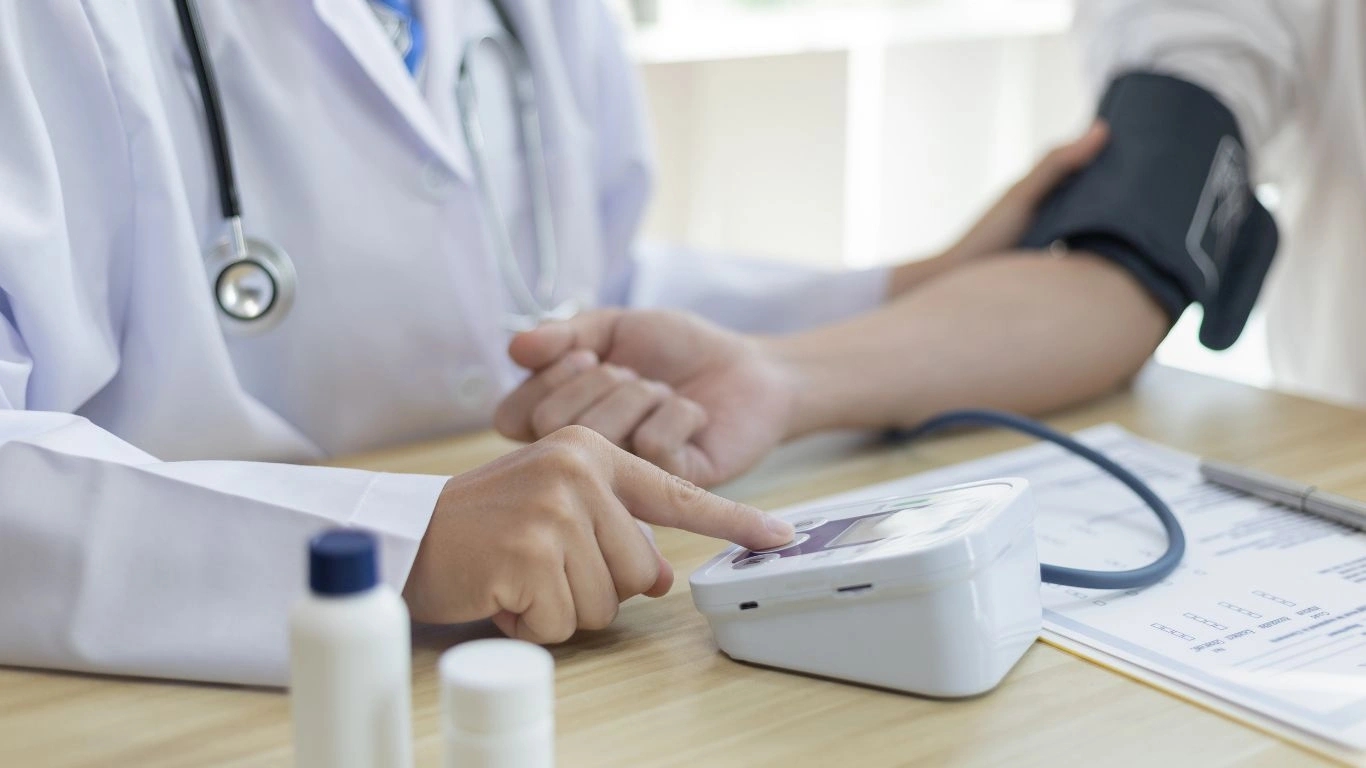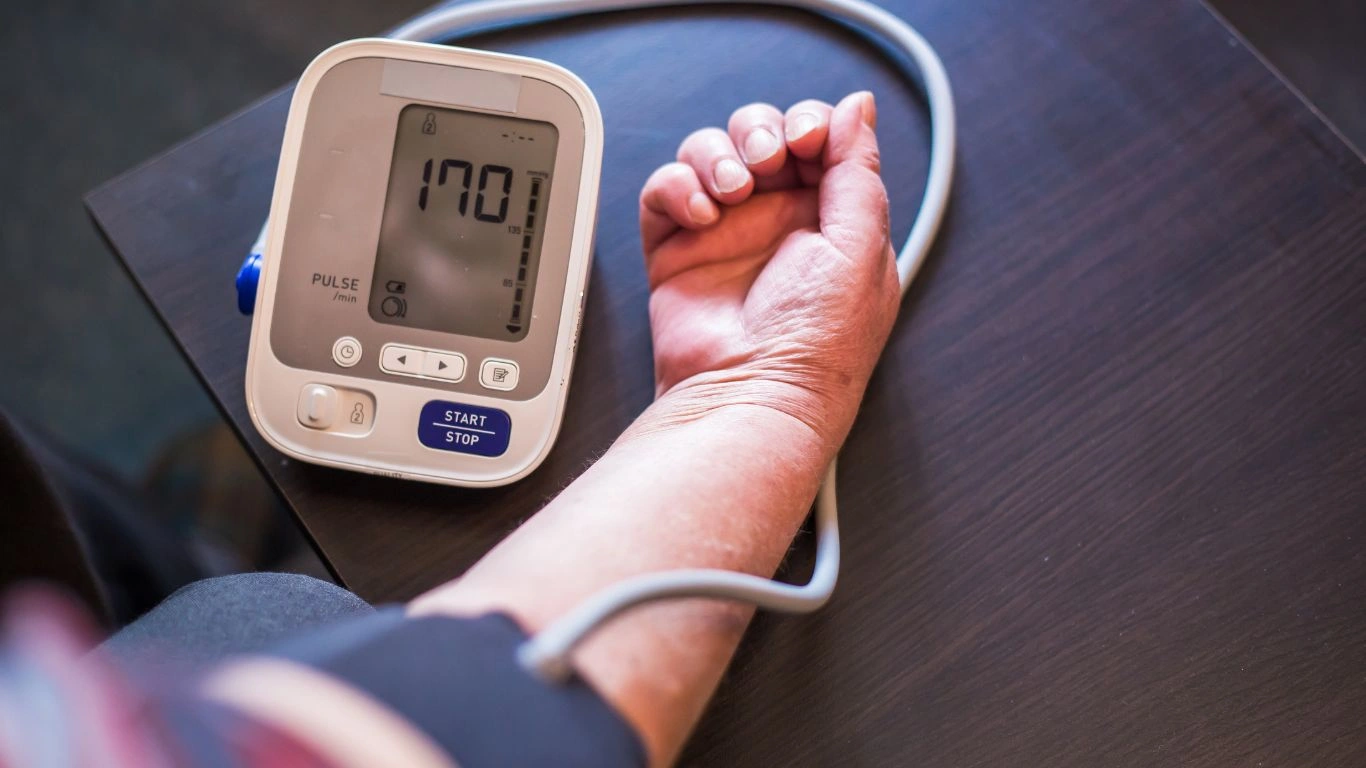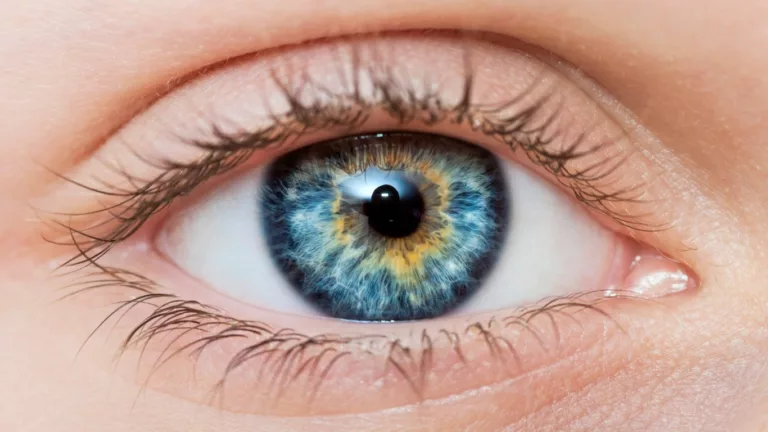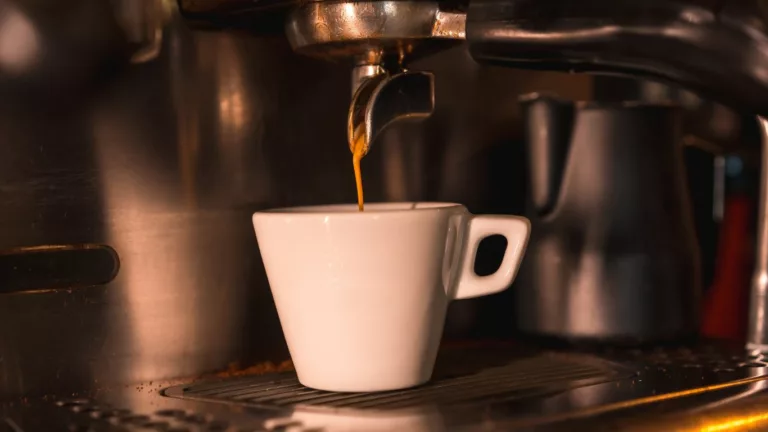High Blood Pressure and Anxiety Management – A Complete Guide
Managing both high blood pressure and anxiety can be challenging, but understanding the connection and finding effective strategies can lead to better control of both conditions. Let’s explore how you can manage both and improve your overall well-being.
Living with high blood pressure and anxiety can sometimes feel like a juggling act. Both conditions can exacerbate each other, making it tough to stay calm and healthy. However, with the right tools and mindset, you can effectively manage both. In this article, we’ll discuss the link between high blood pressure and anxiety, strategies for managing them, and practical tips for improving your quality of life.

What Is the Connection Between High Blood Pressure and Anxiety?
High blood pressure (also known as hypertension) and anxiety often go hand in hand, with one condition potentially making the other worse. Anxiety triggers your body’s fight-or-flight response, which can cause your heart rate to increase and your blood vessels to constrict. This in turn can lead to a temporary spike in blood pressure.
For people already dealing with high blood pressure, this can be especially concerning. Chronic anxiety or stress can cause consistent spikes, which over time can contribute to heart disease, stroke, and other serious health problems.
However, it’s important to note that anxiety doesn’t cause high blood pressure directly, but the two conditions share some common risk factors, like poor lifestyle habits, genetics, and environmental stressors.

How Anxiety Affects High Blood Pressure
When you’re anxious, your body releases hormones like adrenaline and cortisol, which increase your heart rate and tighten your blood vessels. This leads to a temporary rise in blood pressure. For someone with pre-existing hypertension, these frequent spikes can cause damage over time, leading to further complications.
For example, consistent high blood pressure can increase the risk of:
- Heart Disease: High blood pressure forces the heart to work harder, which can lead to heart damage.
- Stroke: Prolonged hypertension can damage blood vessels in the brain, increasing stroke risk.
- Kidney Damage: Your kidneys rely on a stable blood flow, and high blood pressure can impair their function.
Anxiety is a significant factor that worsens these risks. However, managing both conditions together can help reduce your overall risk.
Effective Strategies for Managing High Blood Pressure and Anxiety
Now that we understand how these two conditions are linked, let’s talk about how to manage them effectively.

1. Regular Exercise
One of the most powerful tools you have in managing both high blood pressure and anxiety is regular exercise. Physical activity can lower your blood pressure by improving circulation and heart health. Exercise also helps reduce anxiety by boosting the production of endorphins, the body’s natural stress relievers.
Aim for at least 30 minutes of moderate exercise most days of the week. Activities like walking, swimming, or cycling are gentle on the joints and effective at managing both conditions.
2. Practice Deep Breathing and Meditation
Mindfulness techniques like deep breathing, meditation, and yoga can significantly reduce anxiety levels and help control blood pressure. Slow, controlled breathing triggers the parasympathetic nervous system, which helps calm the heart rate and lower blood pressure.
Consider incorporating a daily meditation practice or using guided relaxation apps to help alleviate stress.
3. Dietary Changes
Eating a heart-healthy diet plays a huge role in managing blood pressure. The DASH (Dietary Approaches to Stop Hypertension) diet is specifically designed to lower blood pressure and is rich in fruits, vegetables, whole grains, and lean proteins.
Additionally, limiting caffeine and alcohol intake can help reduce anxiety and avoid raising blood pressure. For a healthy snack, consider foods that promote relaxation, such as nuts, seeds, and dark chocolate.
4. Sleep Quality
Poor sleep is a major trigger for both anxiety and high blood pressure. Aim for 7-9 hours of quality sleep each night to help your body manage both conditions effectively. Establishing a relaxing bedtime routine and reducing screen time before sleep can promote deeper, more restful sleep.
5. Therapy and Counseling
If anxiety is a significant part of your life, seeking professional help through therapy or counseling can be incredibly beneficial. Cognitive-behavioral therapy (CBT) has been shown to be effective in managing anxiety and can also have a positive impact on blood pressure levels by teaching relaxation techniques and coping strategies.
Additional Tips for Managing Anxiety and High Blood Pressure
Here are a few more things to consider as you work on managing both high blood pressure and anxiety:
- Avoid Stress Triggers: If possible, identify the sources of your anxiety and stress and try to minimize them. This could involve managing your workload or creating a more peaceful home environment.
- Stay Connected: Spending time with loved ones can help reduce anxiety and provide a sense of support.
- Limit Salt Intake: High sodium intake can exacerbate high blood pressure. Reducing processed foods and cooking more meals at home can help you cut back on salt.
- Monitor Your Blood Pressure: Regularly checking your blood pressure at home can help you stay on top of your numbers and avoid complications.
Conclusion
Managing high blood pressure and anxiety doesn’t have to be overwhelming. By understanding their connection and using strategies like exercise, meditation, and dietary changes, you can take control of your health and lead a more balanced life. Keep in mind that managing both conditions is a journey, and making small, consistent changes can have a big impact on your overall well-being.
Appendices
References
- American Heart Association (2023). “Managing High Blood Pressure.” Read Article
- National Institute of Mental Health (2024). “Anxiety Disorders.” Read Article
- Mayo Clinic (2023). “High Blood Pressure: Prevention & Treatment.” Read Article
FAQs
- Can anxiety cause high blood pressure? While anxiety doesn’t directly cause high blood pressure, it can trigger temporary spikes in blood pressure. Over time, frequent anxiety-induced spikes can worsen hypertension.
- What exercises are best for managing both high blood pressure and anxiety? Low-impact exercises like walking, swimming, or yoga are ideal for managing both conditions. These activities help lower blood pressure and reduce anxiety.
- Is medication required to manage high blood pressure and anxiety? Medication may be necessary in some cases, but lifestyle changes (such as diet, exercise, and stress management) can also play a huge role in managing both conditions.
- How can I tell if my anxiety is affecting my blood pressure? If you experience frequent anxiety attacks or stress, it’s a good idea to monitor your blood pressure regularly. If you notice consistent spikes, consult with a healthcare professional.
- What foods should I avoid to help lower blood pressure and anxiety? Avoid high-sodium foods, sugary snacks, and caffeinated drinks. Focus on a balanced diet rich in fruits, vegetables, and lean proteins.
Disclaimer: The information provided in this article is for educational purposes only and does not replace professional medical advice. Always consult with your healthcare provider regarding your individual health needs and concerns.














